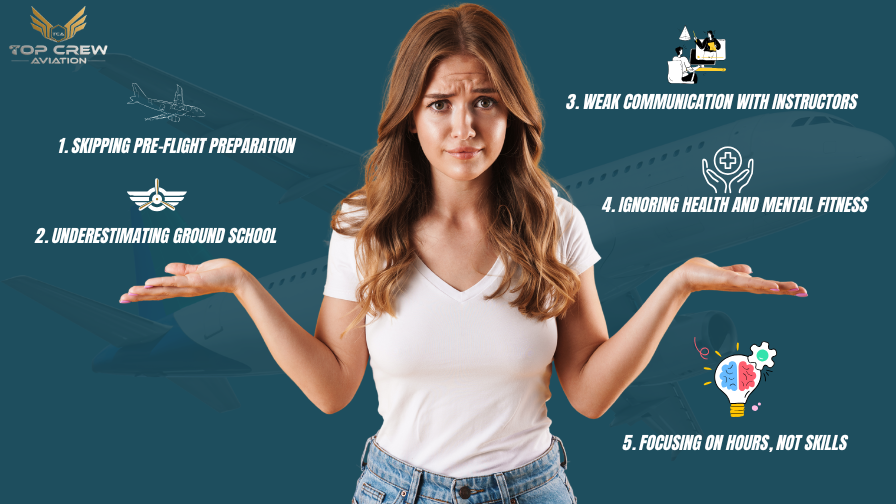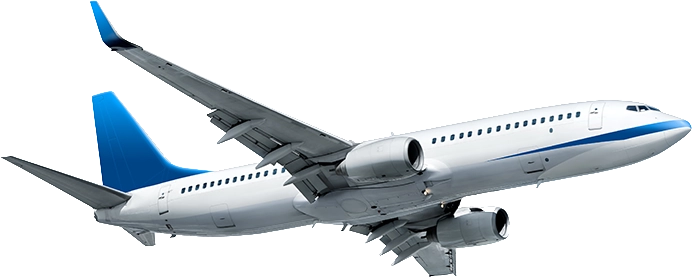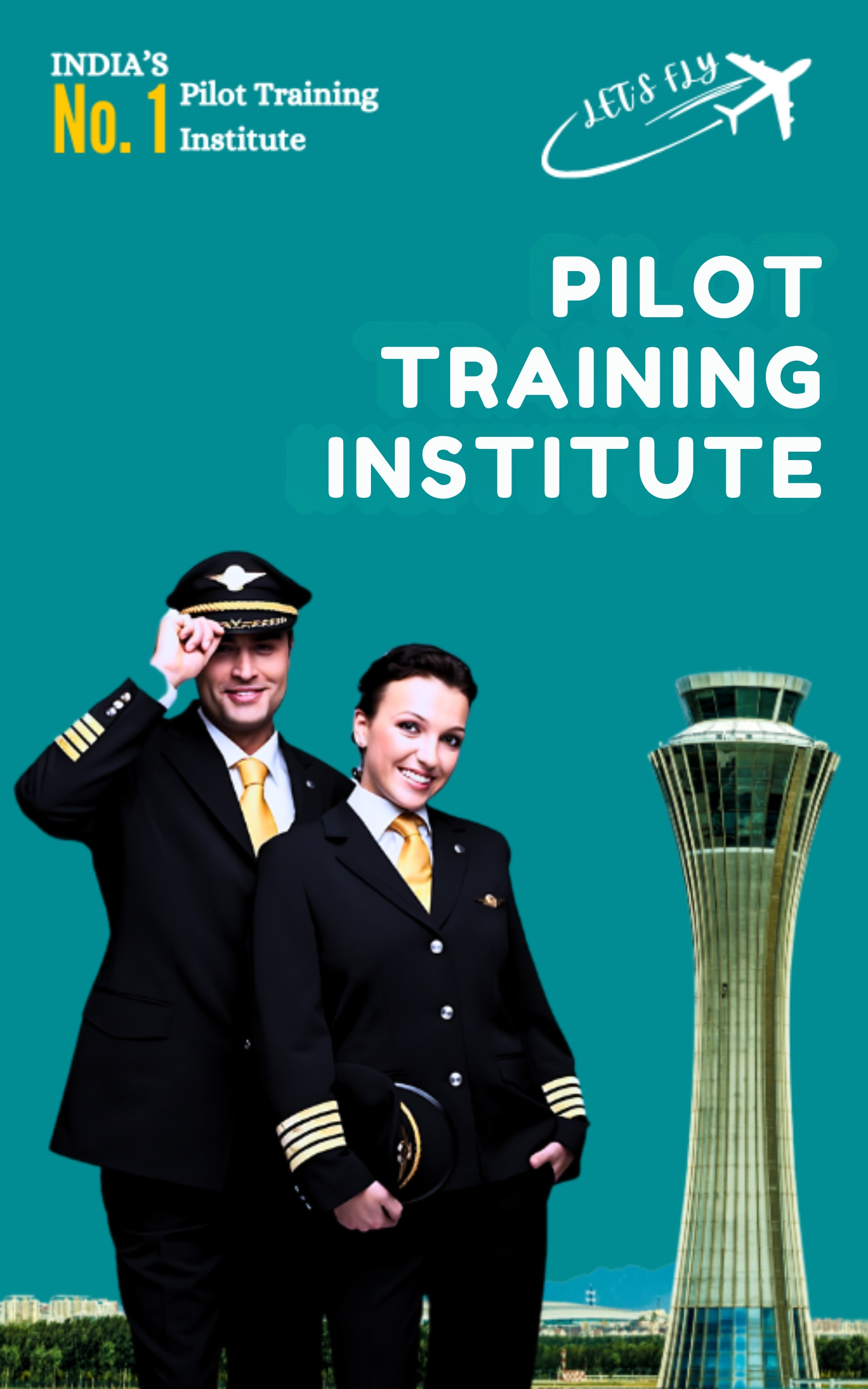Top 5 Mistakes Students Make in Pilot Training & How to Avoid Them
One of the most rewarding yet fulfilling careers is becoming a pilot, but the road from a student pilot to a licensed aviator is not without hurdles. Pilot training is costly, time-consuming, and demands total concentration.Many aspiring pilots unknowingly make mistakes that slow down their progress, drain resources, and sometimes even put their aviation dream at risk.
Here are the five most common mistakes student pilots make—and the smart ways to avoid them.
1. Skipping Pre-Flight Preparation
Flight training is not about just holding the yoke; it is more centered around making decisions, becoming situationally aware, and generally being ahead of the aircraft at every moment. Wasting precious hours of flying practicing the basics is a direct consequence of students not revising checklists, weather reports, or maneuvers before their lessons.
How to Avoid It:
- Treat every flight as a “mission” and brief yourself before stepping into the cockpit.
- Revise your previous flight’s feedback, weather conditions, and flight plan.
- Use simulators or chair-flying techniques at home to practice procedures.
2. Underestimating Ground School
Many students wrongly assume that “flying skills” alone are enough. Actually, ground school is the backbone of aviation-related professions. Subjects such as air law, aerodynamics, navigation, and meteorology impact the way you fly. The students who neglect theoretical lessons usually have trouble with the written exams and are forced to take the written tests again, thereby increasing expenses and delays.
How to Avoid It:
- Allocate fixed study hours for ground school every week.
- Link theory with practice—for example, observe how crosswinds affect your landings and connect it to meteorological principles.
- Create summary notes and flashcards for quick revision.
3. Weak Communication with Instructors
Some students hesitate to admit a mistake, whereas others concentrate too much on impressing their instructors. Both attitudes slow down progress. An instructor needs honest feedback to pinpoint your weak areas and help you grow. If communication is poor, the mistake could be repeated needlessly.
How to Avoid It:
- Feel free to ask questions, even if they seem “basic.” Discuss important lessons with your instructor and write them down after each flight. Think of your teacher as a guide rather than as an assessor.
4. Ignoring Health and Mental Fitness
Aviation is a discipline requiring quick reflexes, sound judgment, and stamina. Lack of sleep, an unhealthy diet, or stress itself can cause decreased alertness and, hence, create a safety hazard. Some students tend to underestimate it and go on flights very tired, making costly errors.
How to Avoid It:
- Maintain a consistent sleep schedule and hydrate well.
- Exercise regularly—cardio improves stamina, while yoga or mindfulness reduces stress.
- Stay medically fit; even minor issues like dehydration or skipped meals can affect flight performance.
5. Focusing on Hours, Not Skills
Aviation requires a minimum number of flying hours to issue a pilot license, just collecting hours in the logbook is not enough.
Some students try to fly more and more just to meet that number quickly. But if they don’t actually learn and master the core skills—like how to navigate, communicate properly over the radio, or handle emergency situations—then those hours don’t make them a good or safe pilot.



